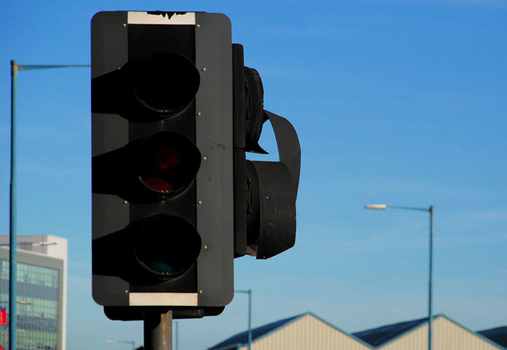Sawa bona
By Cory Nourie

The other day I came upon a traffic light with no power, just as drivers of three other cars approached that same intersection. I did what everyone else did. I stopped where the dark traffic light was, made eye contact to acknowledge the other drivers, then took my turn passing, safely, through the intersection. This acknowledge-the-other-driver dance made me think about the power of acknowledgment.
I’m that person who walks by you and says “hello” every single time. I’m always astounded to be alone with another human being in a relatively confined area such as a hallway, sidewalk, or running track (who am I kidding? You won’t find me on a track!) and to have that person not make eye contact, smile, nod or do anything to acknowledge my presence. My shock isn’t because how dare they not acknowledge ME, but more so because we are social beings. We are interdependent. We are all in this world together. We need each other. I greet everyone, because everyone deserves to be acknowledged as a living, breathing human being, who has feelings, thoughts, and a soul. I’m not necessarily getting into a deep conversation with you when I say hi, but I want to greet you and acknowledge you and honor you as a person.
Oftentimes individuals with disabilities are not acknowledged socially, and therefore are hidden from the world around them. One of the best pieces of advice I can give to a person with a disability or their family/caregiver/loved one is to explore all types of communication options. Even if you were assessed several years ago and told you were not a candidate for whatever reason, try again. The power of functional communication is enormous and I want everyone who I acknowledge to be able to acknowledge me back. For some individuals who have never used words to communicate, I want there to be a tool that they can utilize that helps them say “hello” or “how are you” or “I think you’re beautiful” spontaneously to the person on the street. One never knows who you will pass and the impact he/she may have on your life.
The Natal tribe in South Africa doesn’t waste their time on “hello” or “hi” when greeting another person. They instead say, “Sawa bona,” which means “I see you.” Until they tell someone “Sawa bona” that person doesn’t exist in their eyes. The person then replies, “Sikhona,” or “I am here.” Those two phrases connect those people together. My goal is for everyone, with all of their gifts and strengths and labels, to be seen at all times. We must find ways to guarantee individuals with disabilities are seen and acknowledged as human beings, citizens, neighbors, friends, and family. Sawa bona.
Categories: functional communication, people with disabilities


Comments